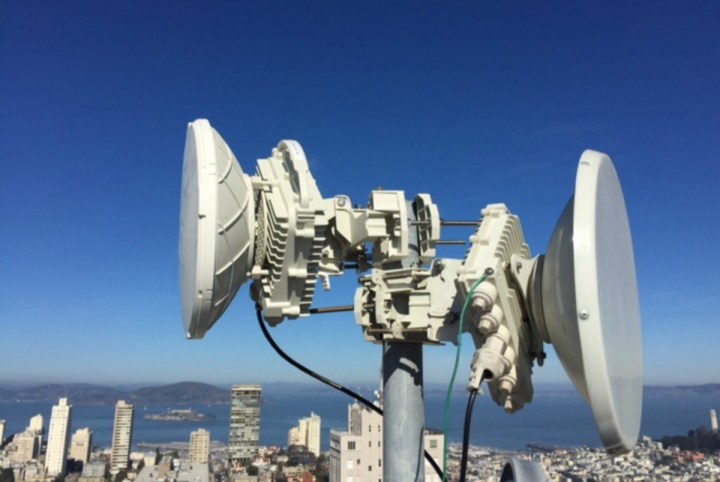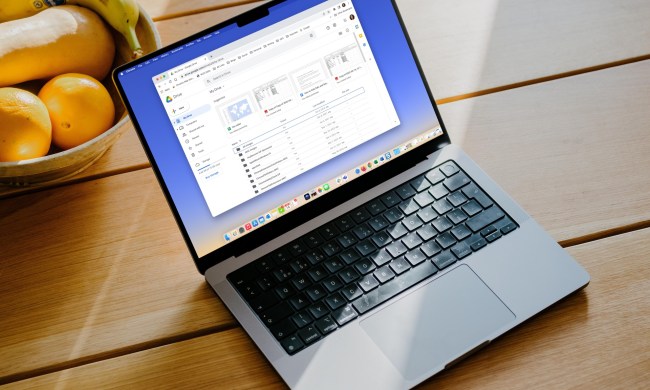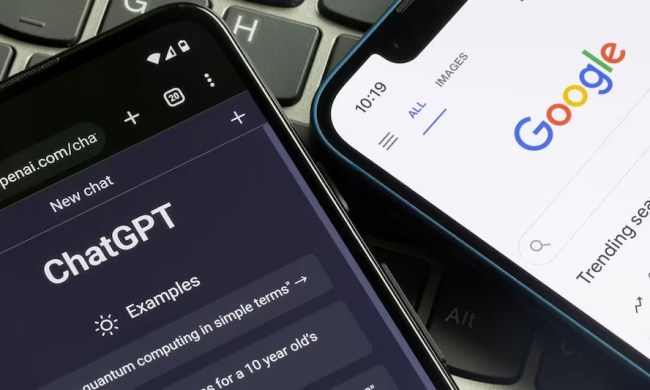
Starting later this month, the residents of Fifteen Twenty-One Second Avenue, a 146-unit condominium building, will be able to purchase Webpass’s gigabit internet for $60 per month. The internet service provider says it’s tapping existing Ethernet infrastructure to deliver gigabit speeds up to 20 times faster than the average U.S. internet speed last year.
“By joining forces [with Google], we can accelerate the deployment of superfast internet connections for customers across the U.S.,” Webpass founder Charles Barr wrote in a blog post shortly after Google acquired the company. “Webpass will remain focused on rapid deployment of high-speed internet connections for residential and commercial buildings, primarily using point-to-point wireless.”
Webpass, unlike Google Fiber, doesn’t rely on physical wire to deliver high-speed internet. Instead, it leverages millimeter wave technology to beam high-frequency waves from powerful base stations to receivers mounted on the tops of buildings. It isn’t perfect — signal strength can vary based on factors like atmospheric conditions and network congestion — but it’s often cheaper to deploy in dense urban environments where space is at a premium.
It’s also unlikely to face the sorts of legal challenges brought on by Google’s fiber efforts. AT&T, Charter, and Comcast have sued to stop city ordinances in Nashville and Louisville that would make it easier for Google to access the utility polls it needs to string fiber wire.
Google Fiber was unveiled to the public in 2010 with the promise of better, faster internet access for everyone. In 2011, the company ran a trial in a residential community in Palo Alto, California, before naming Kansas City, Kansas, as the first location where the service would be made available.
But Fiber has been in limbo recently, pending a shift in strategy. Alphabet, Google’s parent company, reduced the Google Fiber team’s staff and “paused” fiber rollouts in cities throughout the country. And more recently, hundreds of employees currently stationed at Alphabet’s Access division were reassigned to other parts of the company.
Tuesday’s Webpass expansion would appear to signal a renewed commitment to Gigabit broadband — albeit via wireless, rather than wireline, means.
That appears to be in line with Google’s broader approach. At an Alphabet shareholder’s meeting last year, chairman Eric Schmidt unveiled plans to test wireless gigabit internet service that wouldn’t require “[digging] up your garden.” And in October 2016, Google gained approval from the U.S. Federal Communications Commission to begin testing “experimental transmitters” in as many as 24 metropolitan areas throughout the country.
“Launching a new city is always fun,” Barr said. I’m eager to demonstrate to the residents of 1521 2nd Ave the value of a Webpass connection.”


